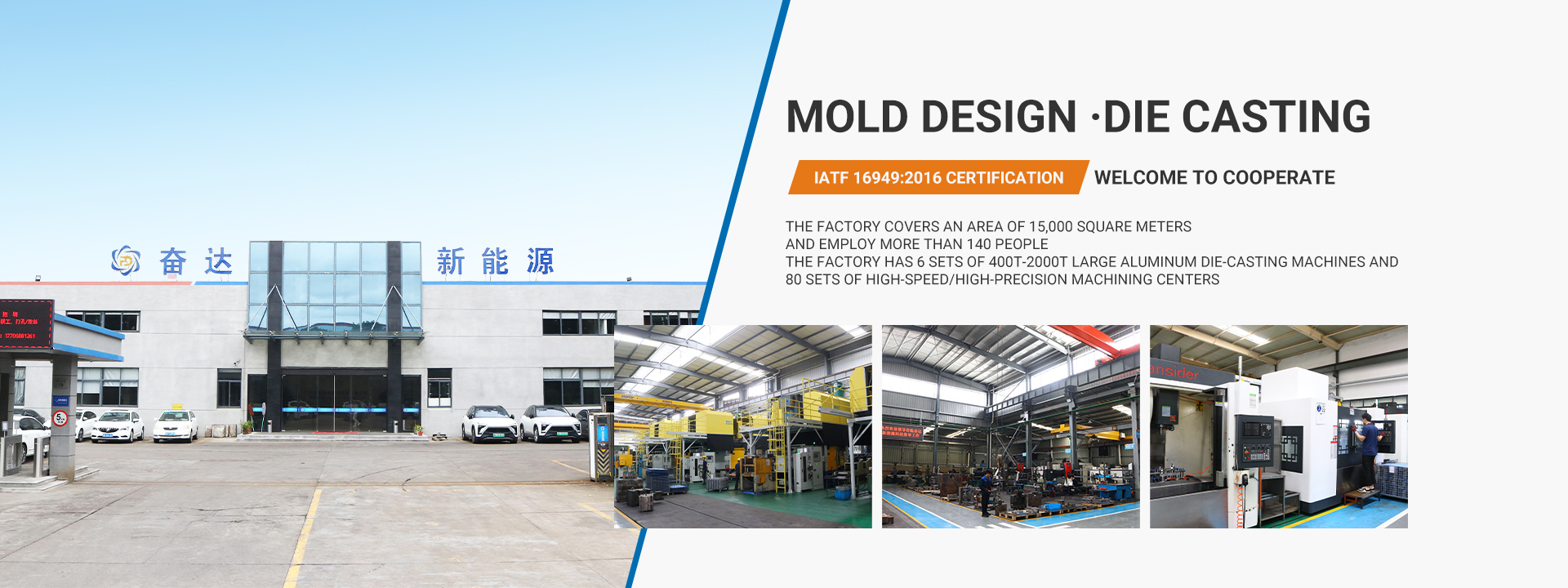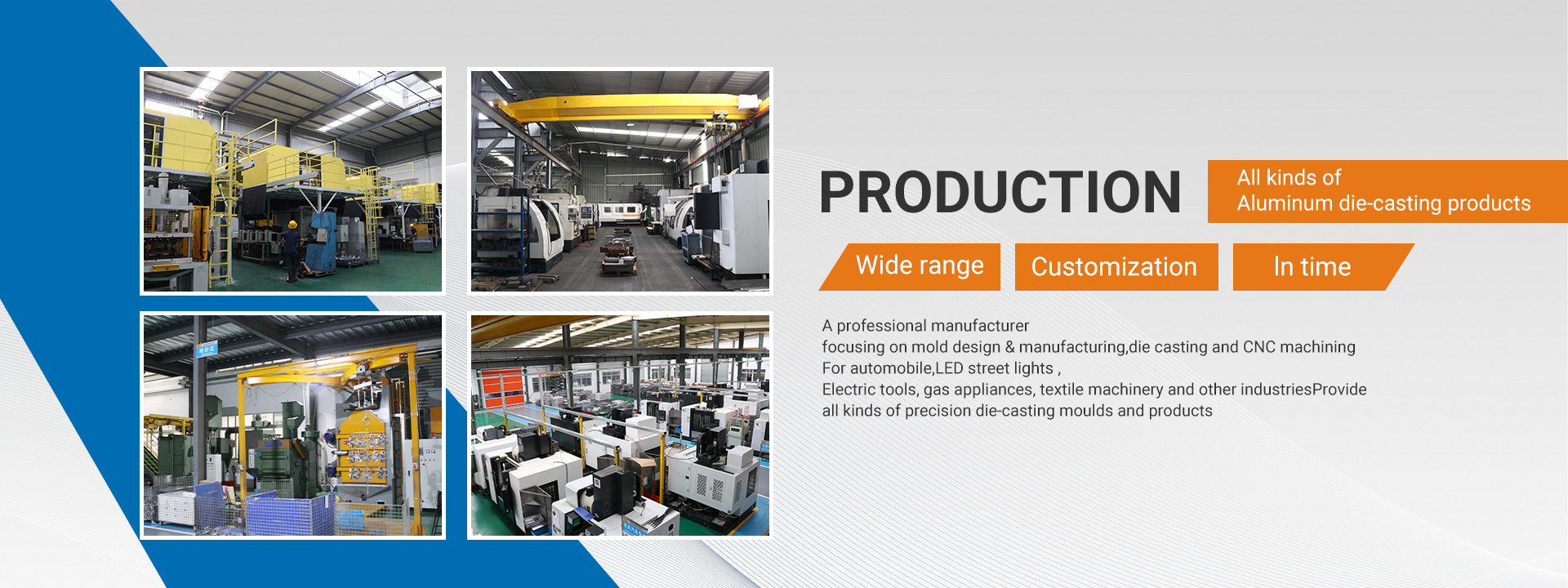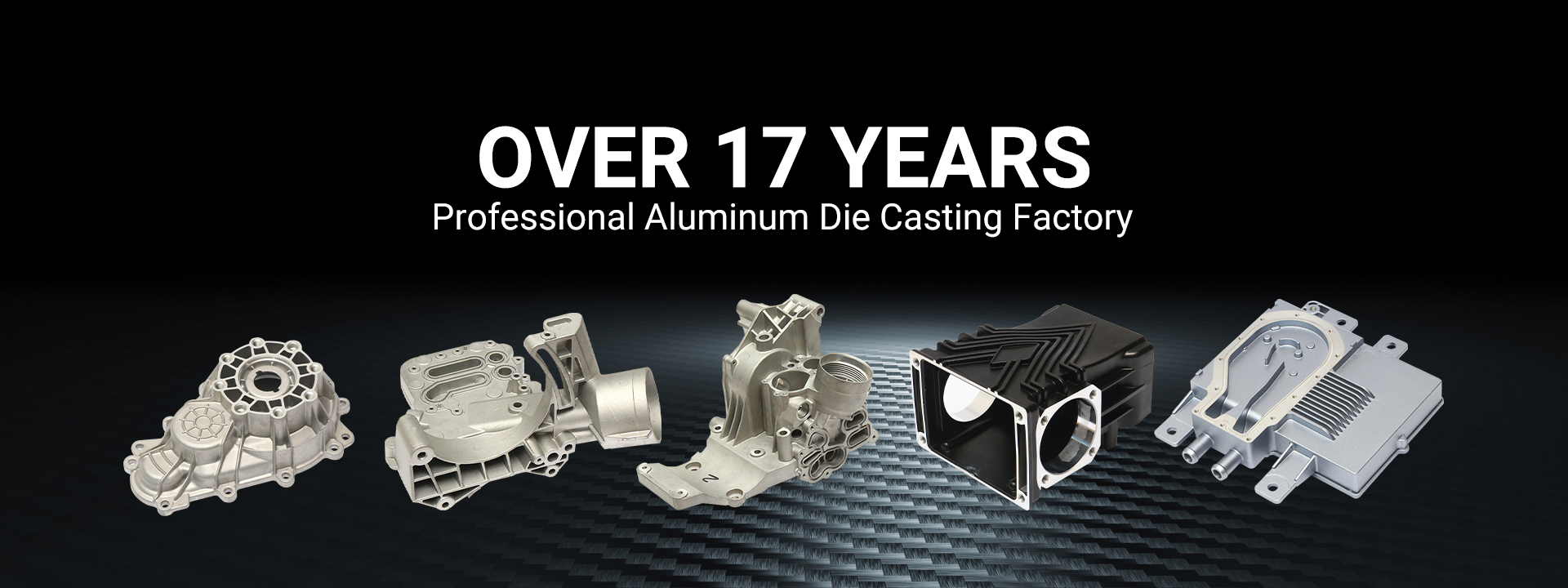The main forms of failure of die-casting molds include cracking, cracking, splitting, wear, erosion, etc. The factors that lead to these phenomena mainly include the following aspects:
1. Self defects of mold manufacturing materials
The material quality of die-casting molds has a significant impact on the lifespan of die-casting molds. The inclusions in the mold material are the core of mold cracks. When the size of the inclusions exceeds the critical size, the fatigue strength of die-casting molds decreases with the increase of the particle size of the inclusions. The decrease in fatigue strength is directly proportional to the cubic size of the inclusion particles.
During the die-casting process, die-casting molds alternate between rapid cooling and rapid heating, which is prone to cracking, brittle fracture, and other phenomena. Therefore, in the selection of mold materials, full consideration should be given to factors such as resistance to cold and hot fatigue, cold and hot stability, and toughness.
2. Residual stress action
The usage conditions of die-casting molds are relatively harsh. During the die-casting process, metal liquid enters the mold cavity, which is limited by the space inside the cavity and generates tensile force at the concave corner of the cavity; The temperature of the mold gradually increases due to the influence of the temperature of the molten metal, and the mold expands due to heat, resulting in compressive stress on the surface of the mold; After the casting is demolded, the mold is subjected to cold treatment, causing shrinkage and generating tangential tensile stress; The die-casting mold bears the influence of interactive stresses from both inside and outside the mold, and several forces interact and accumulate, leading to cracks and deepening of the mold.
3. Unreasonable structural design
Unreasonable structural design of castings can directly affect the service life of die-casting molds.
For example:
① Unreasonable design of casting inclination value can cause core pulling, and it is easy to cause scratches when taking parts after mold opening;
② Unreasonable structural design of castings not only leads to uneven wall thickness of castings, but also leads to the presence of thin sections in the mold, which is often the culprit causing early cracks in the mold.
4. Improper operation
The non-standard operation during the production process is also an important factor affecting the service life of die-casting molds.
For example:
① Not preheating or preheating temperature too high; Excessive preheating temperature can affect the yield strength of the surface material of the mold cavity and reduce the thermal fatigue resistance of the mold;
② Uneven spraying of mold coating;
③ Unable to regularly inspect and maintain die-casting molds;
④ The installation process is not standardized.
Fenda Mold | Die Casting Mold
Post time: Oct-17-2023



